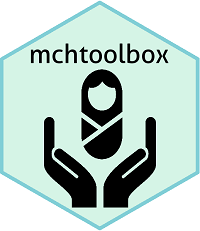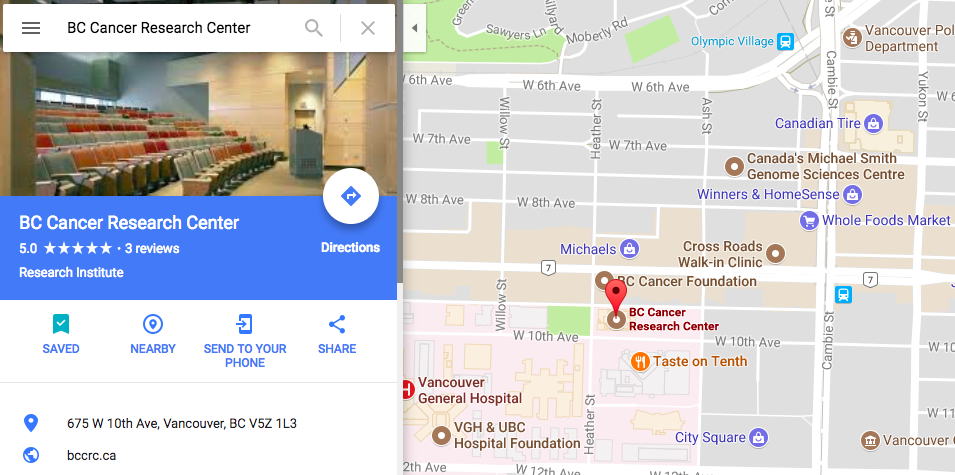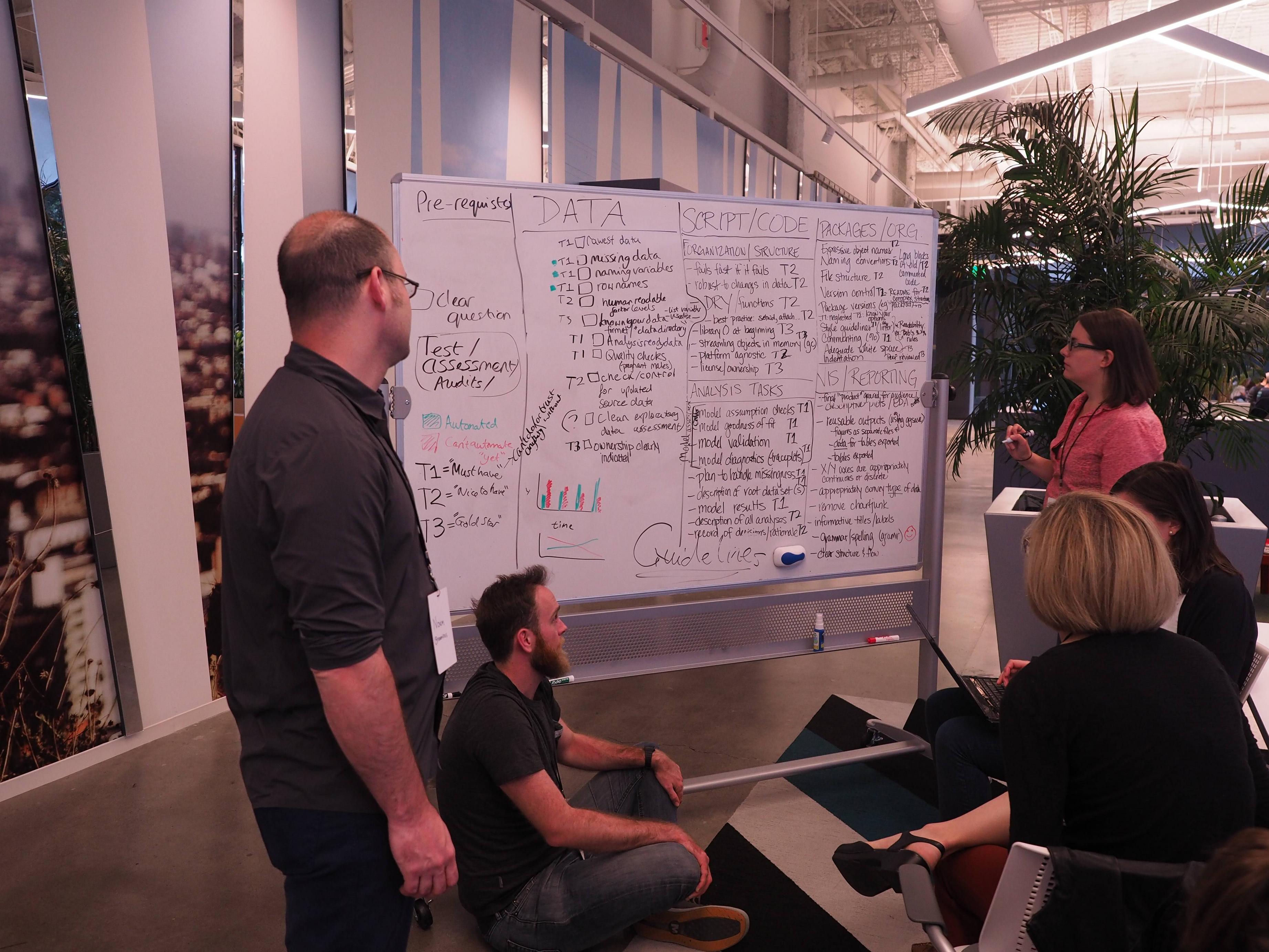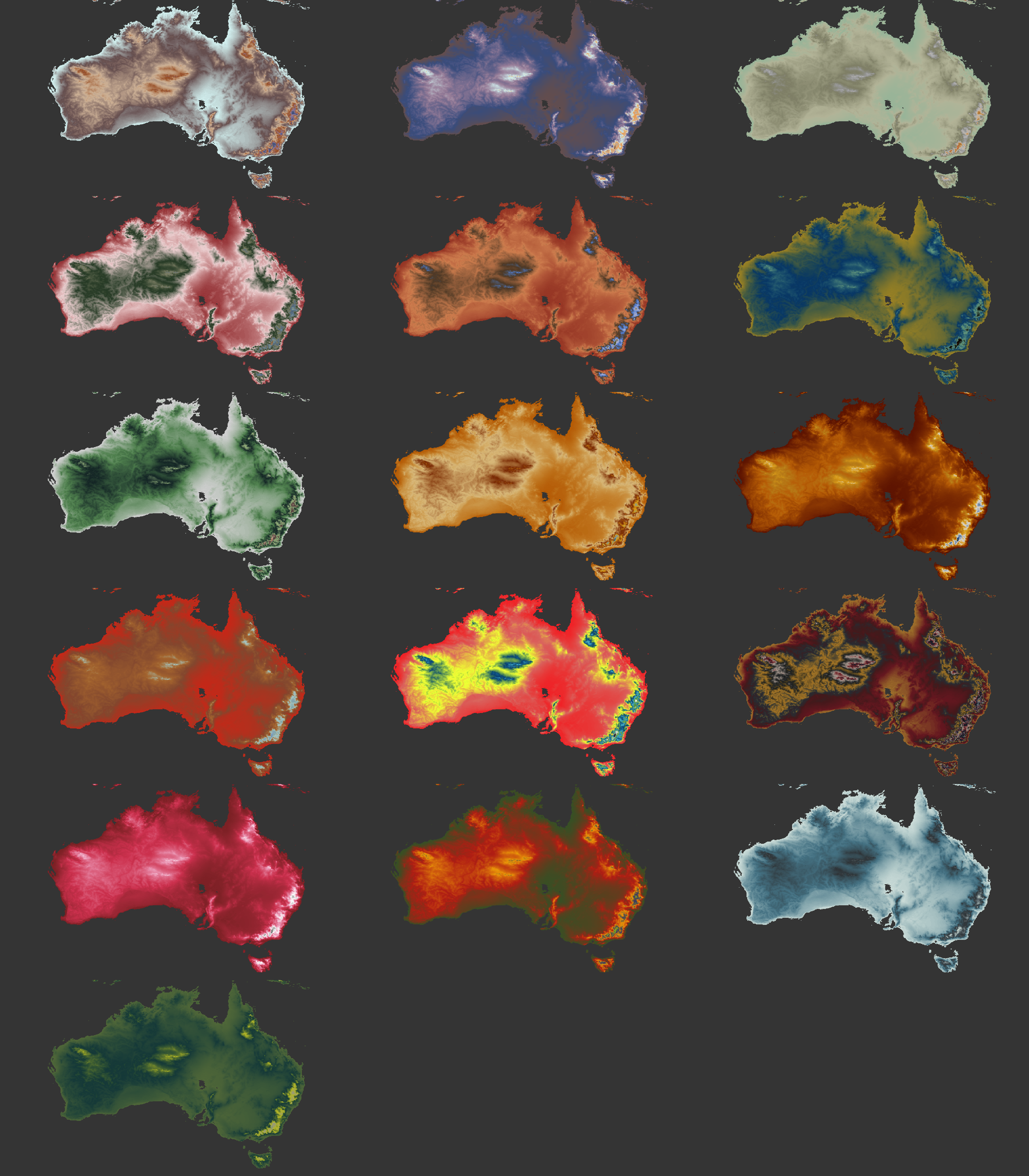
After Stefanie’s recap of unconf18, this week the blog will feature brief summaries of projects developed at the event: each day 4 to 5 projects will be highlighted. (Full set of project recaps: recap 1, recap 2, recap 3, recap 4) In the following weeks, a handful of groups will share more thorough posts about their work.





